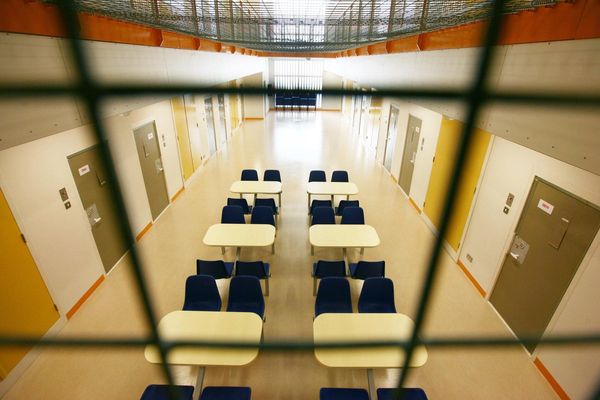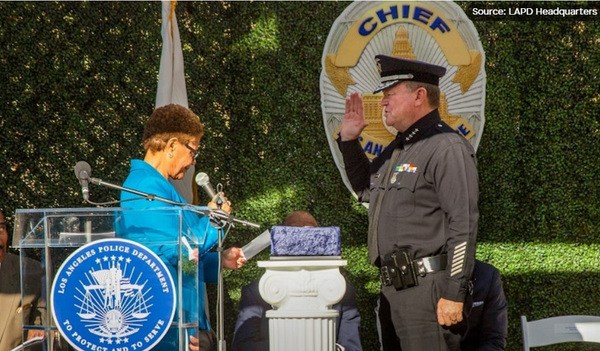
The right to free speech is a cornerstone of the British way of life. Citizens can call their elected leaders names, march to change policy, wear what they like. But that right is not absolute. Indeed, one is not free to “shout fire in a crowded theatre”. Nor is one entitled to incite hatred or precipitate a riot.
This is tricky for an all-encompassing medium like the internet, which has its roots in freedom. To this day, despite the gradual encroachment of the state, there remains an arid air of the Wild West about the spaces online. While newspapers must be rigorously fact checked and subject to the legal process, social media companies enjoy an altogether different climate.
We have known for some time the power social media exercises over its users. The riots in this country over the past few days, sparked by disinformation over the identity of the suspected killer of three young girls in Southport, have only served as a deeply shocking reminder. And that is before one considers a platform such as X, formerly Twitter, led by the richest person in the world. That Elon Musk suggested on his own website that civil war was “inevitable” in the UK highlights the nature of the problem.
Social media can still be a place for friends and family to stay in touch across sometimes vast distances, and where cat pictures thrive. Yet recent experience teaches us it can also be a petri dish for hate. And so, these companies must understand they have a responsibility not to be a home for those seeking to organise and spread hatred in our society.
In 2024, no one still thinks that what happens online stays online. Or that there is some kind of protective wall between conspiracy theorism and racism on the internet which means they do not penetrate into the real world. They patently do. And while we do not want a headlong rush to the sort of regulation that will stifle free speech and hamper technological innovation, if the big tech companies and their social media platforms do not take responsibility for their content, the Government will be forced to take further measures.
Indeed, with aspects of the Online Safety Act yet to come into effect, it now seems inevitable that the new Labour Government will revisit the law’s framework.







